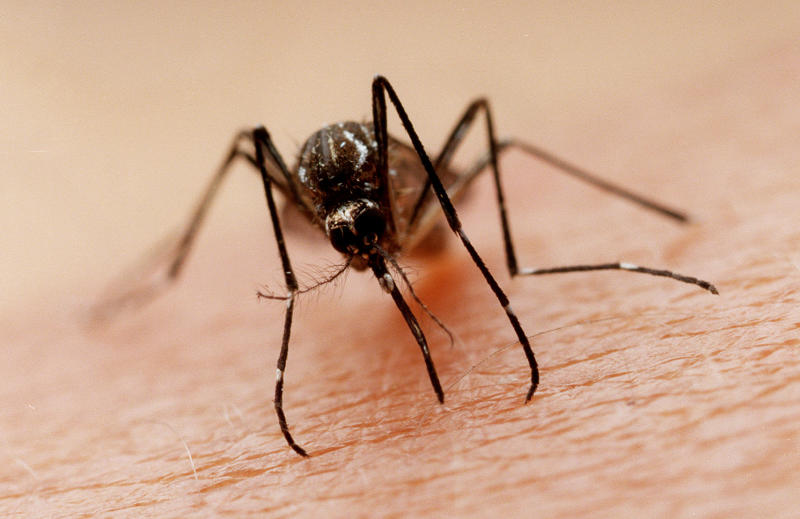Dengue cases soar in Indonesia in January, greater rainfall intensity and humidity blamed
Sign up now: Get insights on Asia's fast-moving developments

Dengue is transmitted through bites from the Aedes aegypti mosquito.
PHOTO: ST FILE
JAKARTA - There has been a sharp spike in dengue cases in Indonesia this year with more than 13,000 recorded so far, more than twice the number for the same period last year.
The number of deaths has also jumped from 43 in January 2018 to 133 this year.
The Health Ministry attributed the spike to greater rainfall intensity as well as humidity and the government has moved to implement measures to curb the spread of the viral disease.
January and February are forecast to be the peak of the rainy season on the sprawling archipelago this year.
"The water is abundant now. The humidity and temperature affects the mosquitoes so that they can live longer and their eggs hatch faster," Siti Nadia Tarmizi, the Health Ministry's director for vector-borne and zoonotic diseases, told a press briefing on Wednesday (Jan 30).
Dengue is transmitted through bites from the Aedes aegypti mosquito.
However, Ms Siti said that the government had yet to declare a dengue emergency for the whole country despite the sharp rise in cases.
So far, only four regions - the city of Kupang and West Manggarai regency in East Nusa Tenggara, Kapuas regency in Central Kalimantan and North Sulawesi province - have declared a health emergency.
"Indeed, we've seen an increase (in cases) in January, but the figure is much lower compared to the average number in past years," Ms Siti said.
Official figures show that Indonesia recorded more than 120,000 dengue cases each year between 2005 and 2018. More than 1,000 people died from the disease annually.
But 2016 was an exceptionally bad year with 204,171 cases reported and 1,598 fatalities.
Ms Siti said that to control the outbreak, the Health Ministry has so far distributed larvicide and fogging equipment to affected regions. It has also raised awareness among communities to destroy mosquito breeding grounds by burying, draining and covering objects that can store water.
Ms Inda Mutiara, the head of infectious, vector-borne and zoonotic diseases at the Jakarta health agency, who was also at the news briefing, said that her office had, among other things, also funnelled larvicide to all villages in the capital as part of its efforts to fight the disease.
Jakarta reported 430 cases of dengue in the first three weeks of 2019, nearly four times the number for the same period last year, although no fatalities were recorded.


